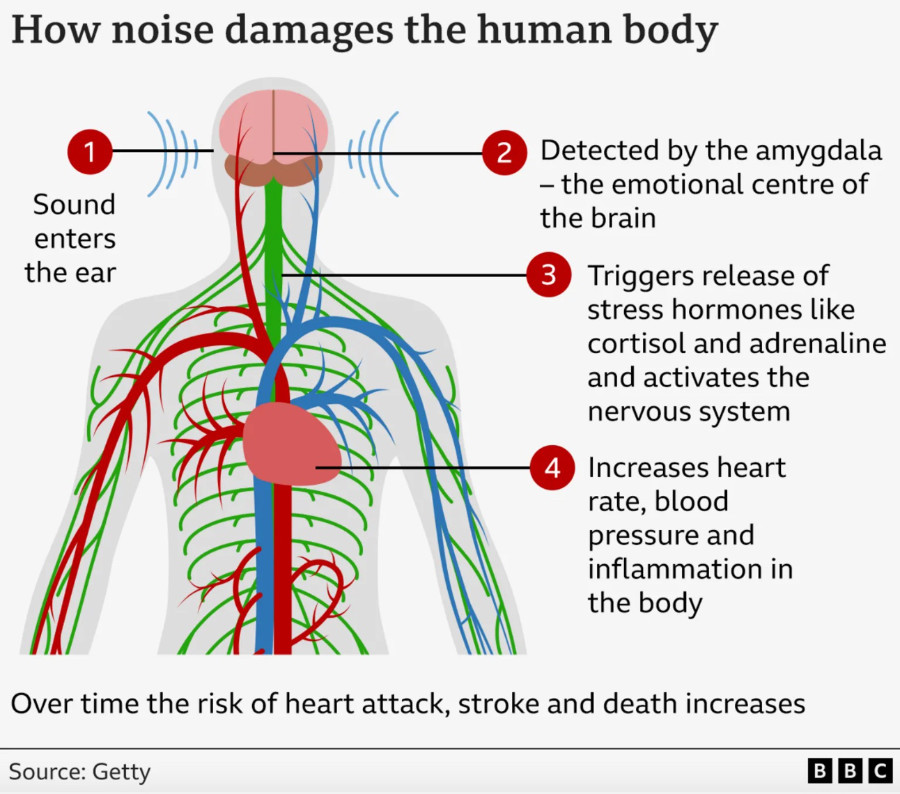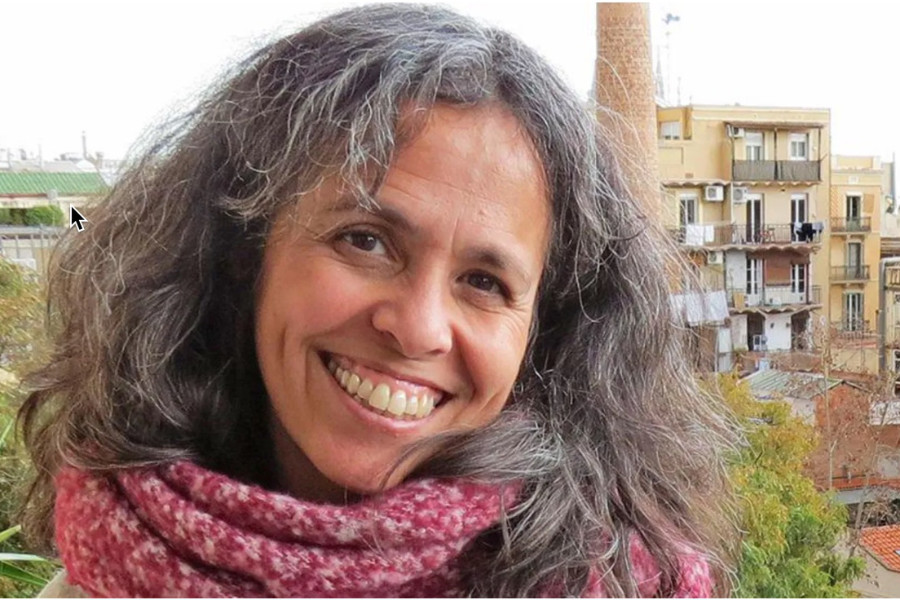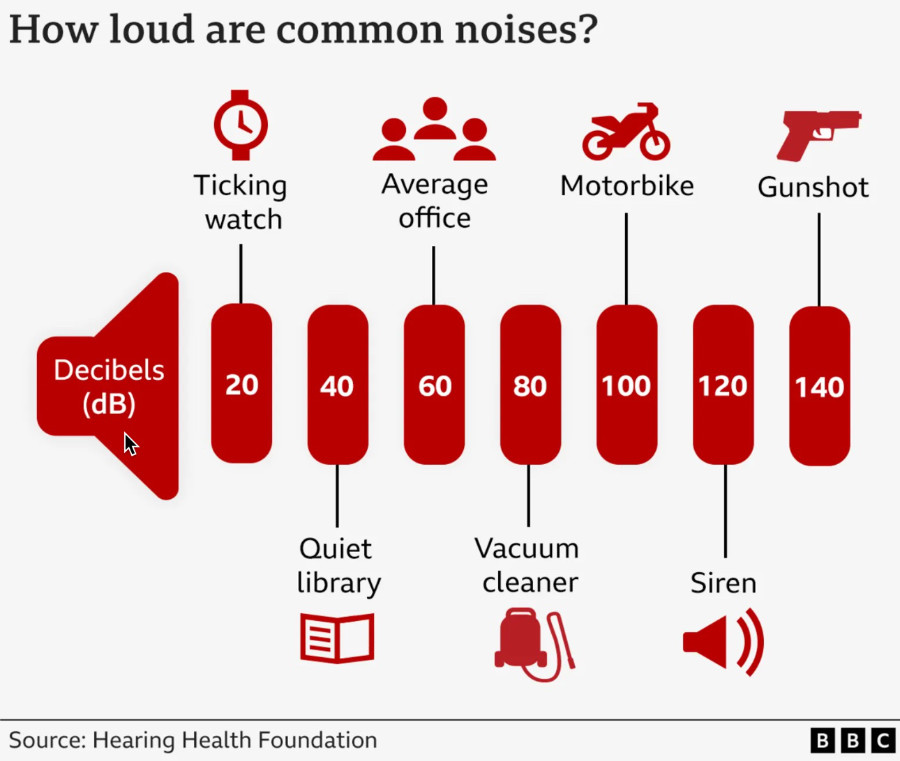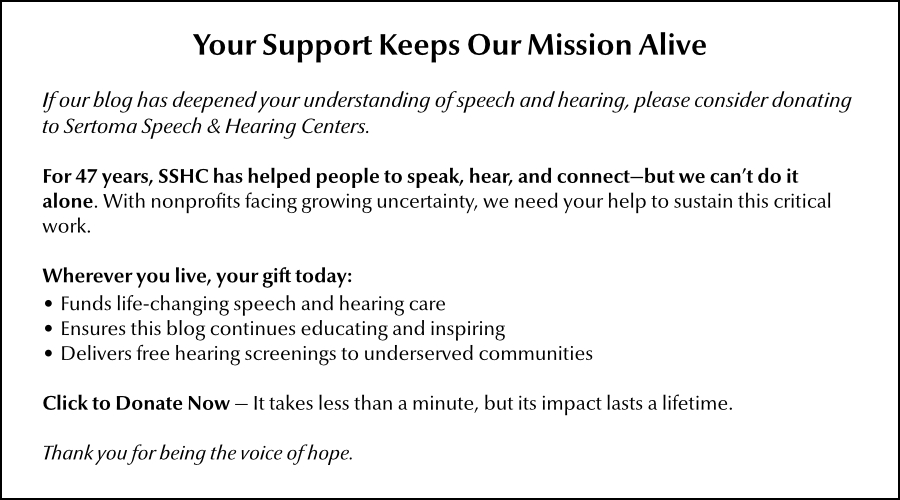Chronic noise exposure is more than just an irritation—it's a serious public health threat. Constant urban sounds like traffic and loud events are linked to severe health risks, including heart attacks, diabetes, and dementia. Scientists warn that this invisible environmental stressor is actively shortening human lifespans. Here’s a summary of the key points from a BBC report.
Why it matters
Noise is killing thousands—and most don’t realize it.
- Chronic noise activates stress hormones (like cortisol), spikes heart rates, and fuels inflammation. Over the years, this raises risks of heart attacks, strokes, and early death.
- In Europe alone, noise links to 12,000 premature deaths yearly. Even “safe” levels (like 53 decibels—quieter than a vacuum) harm health over time.

Zoom in
The data behind the danger:
- 300 heart attacks and 30 deaths yearly in Barcelona are tied to traffic noise.
- 53 decibels—the daytime noise threshold for heart safety. At night, it should be even lower.
- Dhaka, Bangladesh, is “noisiest city,” with relentless honking and traffic chaos.
 Coco's health is being damaged by the noise where she lives in Barcelona.
Coco's health is being damaged by the noise where she lives in Barcelona.
A closer look
Real lives, real damage:
- Coco’s story (Barcelona): Her idyllic flat near the Sagrada Familia is a noise nightmare—24/7 barking dogs, concerts, and vibrating windows. She’s been hospitalized twice for chest pain. “It does something to your body,” she says.
- Dhaka’s honking epidemic: Artist Mominur Rahman Royal protests daily with a placard against horn noise. The government is cracking down, but progress is slow: “Humans are responsible,” he says.
The challenge
Fixing noise pollution isn’t simple:
- Urbanization keeps pushing more people into loud cities. Solutions like Barcelona’s “superblocks” (pedestrian zones replacing traffic) could cut noise by 5–10% and save 150 lives yearly. But only 6 of 500 planned zones exist.
- Balancing necessity and health is tough: Traffic noise is everywhere, but so is our reliance on cars.
“Tackling noise means asking people to live differently,” says researcher Dr. Natalie Mueller.

The takeaway
Silence: Not a luxury, a lifesaver.
- Safeguard your hearing by using earplugs or noise-canceling headphones in loud environments, and support noise reduction in urban planning.
- Demand action: Support policies like anti-honking laws or pedestrian zones. As Bangladesh’s environment minister says, “When people feel less noise, their habits will change.”
Bottom line: Noise is more than an annoyance; it's a silent health threat. Understanding its risks is crucial to protecting yourself.
Healthy hearing starts here
Learn about the health of your hearing with a free 15-minute hearing screening by an audiologist.
★ Call 708-599-9500 to schedule your free screening.
★ For facts about hearing loss and hearing aid options, grab your copy of The Hearing Loss Guide.
★ Sign up for our newsletter for the latest on Hearing aids, dementia triggered by hearing loss, pediatric speech and hearing, speech-language therapies, Parkinson's Voice therapies, and occupational-hearing conservation. We publish our newsletter eight times a year.
Don't let untreated hearing loss spoil your enjoyment of life.
Crest Hill, IL - 630-633-5060 | Palos Hills, IL - 708-599-9500


